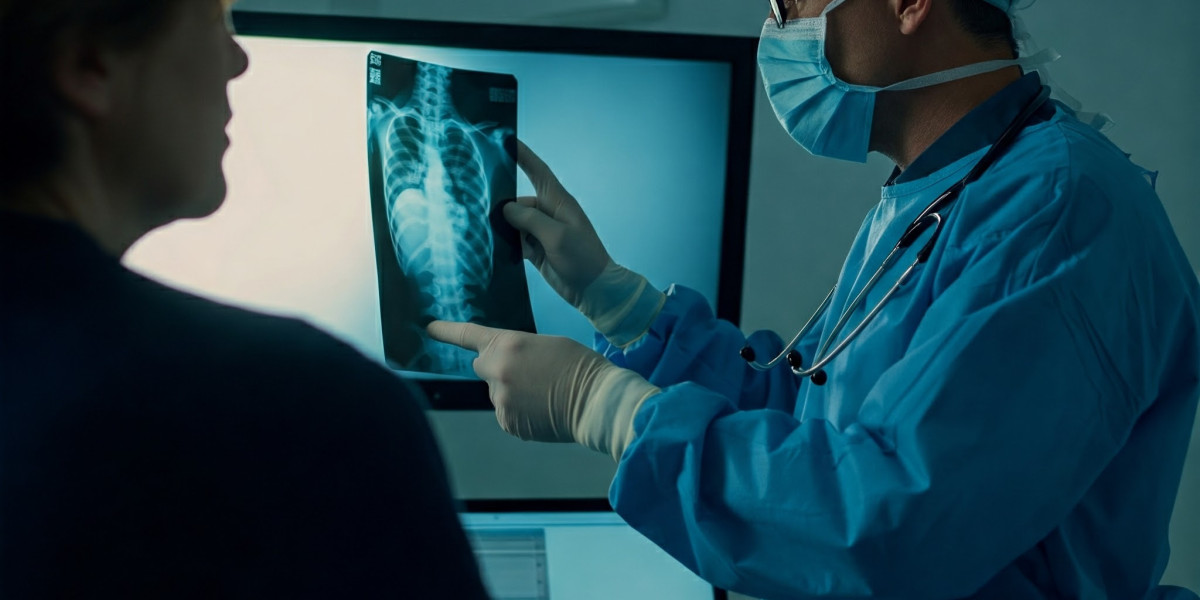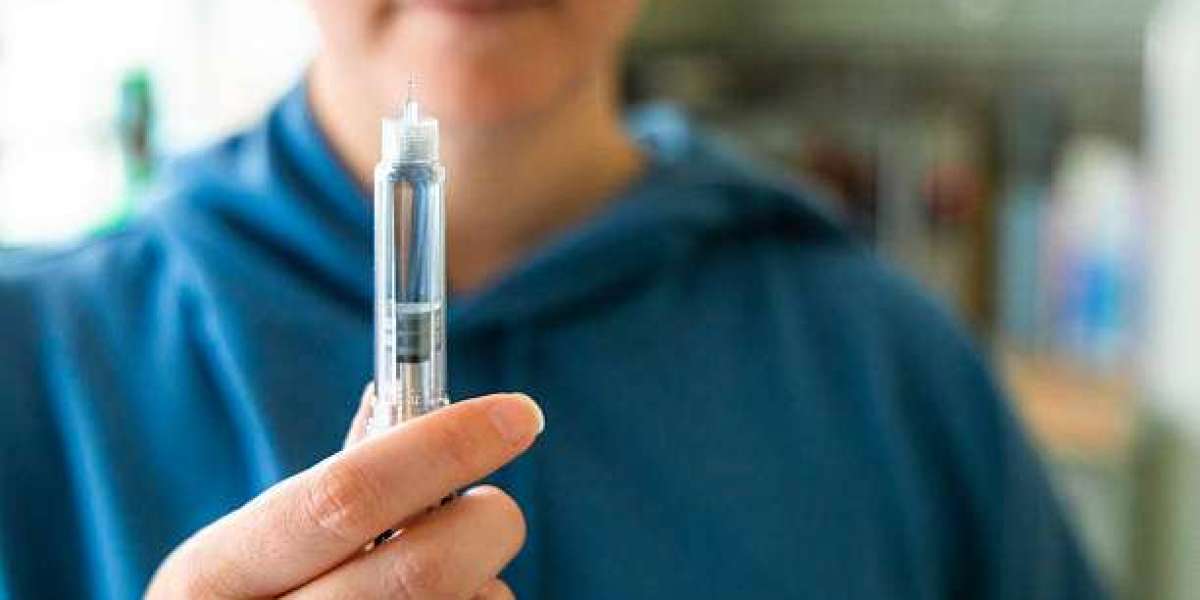Kidney stones are a common yet painful condition that affects millions of people worldwide. Accurate kidney stone diagnosis is the first and most important step toward effective treatment and preventing complications. When you experience symptoms like severe back or side pain, blood in urine, or frequent urination, it could indicate the presence of kidney stones. In this article, we’ll walk you through how doctors diagnose kidney stones, the tests involved, and why early detection can make a huge difference in your treatment journey.
Why Kidney Stone Diagnosis is Crucial
Kidney stones are solid deposits of minerals and salts that form inside your kidneys. While small stones may pass naturally, larger stones can block the urinary tract, causing severe pain and potential kidney damage. Proper diagnosis helps doctors determine the size, location, and type of stone, which influences the treatment plan. Without accurate diagnosis, you risk prolonged pain, infection, or even permanent kidney damage.
Common Symptoms That Lead to Diagnosis
Before jumping into the tests, let’s identify the symptoms that usually prompt patients to seek medical attention for kidney stones:
Severe pain in the back, side, or abdomen
Pain that radiates to the lower belly or groin
Blood in urine (hematuria)
Frequent or painful urination
Nausea and vomiting
Fever and chills (in case of infection)
If you experience these symptoms, consult a doctor immediately. The next step involves diagnostic tests to confirm the presence of kidney stones.
Physical Examination and Medical History
The diagnostic process begins with a detailed medical history and physical examination. Your doctor will ask about:
Previous history of kidney stones
Family history of stones or metabolic disorders
Dietary habits
Fluid intake patterns
Any other medical conditions such as gout or urinary infections
This initial step helps the doctor assess your risk factors and decide which tests are necessary.
Diagnostic Tests for Kidney Stones
Diagnosing kidney stones requires a combination of imaging techniques and laboratory tests. Here are the most common methods:
1. Imaging Tests
Imaging plays a vital role in kidney stone detection. Common imaging tests include:
CT Scan (Computed Tomography)
Gold Standard: CT scans are considered the most accurate method for diagnosing kidney stones.
Advantages: Detects even small stones and provides details about size, location, and number.
Non-Contrast: Usually performed without contrast dye to avoid complications.
Ultrasound
Safe and Non-Invasive: Ideal for pregnant women or those who need to avoid radiation.
Limitations: May miss very small stones or those located in the ureter.
X-Ray (KUB – Kidney, Ureter, Bladder)
Cost-Effective: Often used as a first-line test.
Drawback: Cannot detect all types of stones, especially small or radiolucent ones.
Intravenous Pyelogram (IVP)
An older technique using contrast dye and X-rays, now rarely used because of CT scan accuracy.
2. Urinalysis
Urinalysis helps detect signs that indicate kidney stones, such as:
Blood in urine (a common symptom)
Crystals that might form stones
Signs of infection which can complicate kidney stone cases
3. Blood Tests
Blood tests are done to check:
Calcium and Uric Acid Levels: High levels may indicate a tendency to form stones.
Kidney Function: Tests like serum creatinine and blood urea nitrogen (BUN) ensure the kidneys are working properly.
4. Stone Analysis
If a stone is passed naturally or removed surgically, it is sent for analysis. This helps:
Identify the stone type: Calcium oxalate, uric acid, struvite, or cystine stones.
Prevent Recurrence: Knowing the type helps in tailoring dietary and lifestyle changes.
Who Needs Advanced Testing?
Not everyone requires advanced imaging or invasive tests. They are usually recommended for:
Patients with recurrent kidney stones
Those with only one functioning kidney
Patients with chronic kidney disease
Pregnant women (special considerations apply)
How Long Does Diagnosis Take?
Most imaging tests like ultrasound or CT scans provide immediate results. Blood and urine tests might take a day or two. Once the results are available, your doctor will discuss the best treatment plan.
Preparing for Kidney Stone Diagnostic Tests
Stay Hydrated: Drink water unless your doctor advises otherwise.
Avoid Certain Foods or Medications: Some tests require you to fast or avoid specific substances.
Inform About Allergies: Especially if contrast dyes are used in imaging tests.
What Happens After Diagnosis?
Once kidney stones are confirmed, your doctor will recommend:
Observation: For small stones that can pass naturally.
Medications: To relieve pain and help stone passage.
Surgical Options: For larger stones or those causing complications.
Common surgical options include:
Shock Wave Lithotripsy (SWL)
Ureteroscopy
Percutaneous Nephrolithotomy (PCNL)
Prevention After Diagnosis
Preventing future kidney stones is as important as treating the current one. Lifestyle changes include:
Drinking plenty of water
Reducing salt intake
Managing calcium and oxalate levels
Avoiding excessive animal protein
Regular medical check-ups if you have a history of stones
Final Thoughts
Kidney stones are painful, but early diagnosis can make all the difference in treatment and recovery. If you experience severe pain or any symptoms mentioned above, seek immediate medical care. Advanced diagnostic techniques like CT scans and ultrasounds ensure quick and accurate detection, helping you get the right treatment without delay.
When it comes to overall healthcare excellence, including advanced diagnostic and treatment facilities, choosing a trusted medical center is essential. For comprehensive care and expert specialists, patients often look for institutions known for their quality standards and holistic approach. This is why many prefer top medical centers such as the Best Cancer Hospital in Punjab, which also excels in multidisciplinary treatments and state-of-the-art diagnostic services.
#KidneyStoneDiagnosis #KidneyHealth #UrinaryCare #StoneTreatment #MedicalCare #HealthcarePunjab








